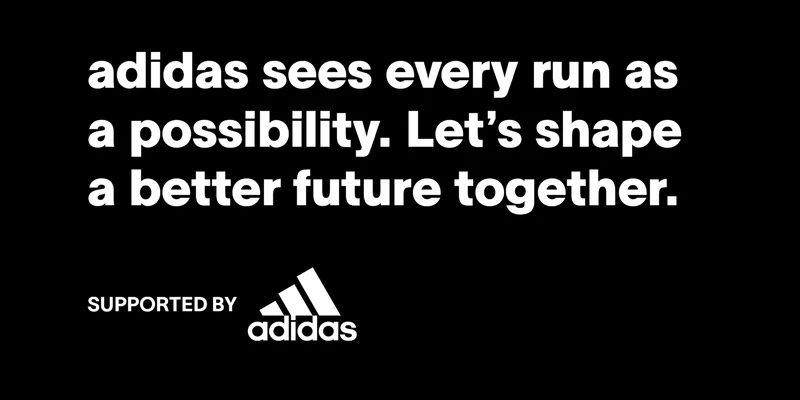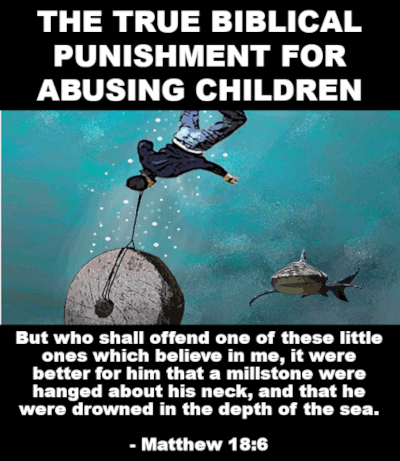
When Maria Solis Belizaire runs alone in New York City, she makes sure to cross the road to avoid cat calls and stretch at intersections so people know she’s actually a runner, and not someone “just running down the street,” as she puts it. As an Afro-Latina, this kind of signaling feels necessary to her. And that’s why Latinas Run, the community-oriented running group Solis Belizaire founded in 2016, is so impactful.
The organization, which has different chapters across the country, was created to be a safe space for Latina women to connect with each other — and their heritage — through running. Solis Belizaire stresses that Latinas Run is inclusive of all women who fall within the wide-ranging (and sometimes misunderstood) umbrella of Latin culture. “People think Latino is a race. [But] Latin Americans are Black. They are Asian. They are white. And many of them are Indigenous,” she says.
She was inspired to start the group after joining another running group specifically for Black women (Solis Belizaire identifies as Black and of Latin heritage). “It was the first time finding people that looked like me, finding people that ran the same pace as me, and also finding a group of women that didn’t leave me behind. And I fell in love with that sense of community.” That camaraderie, she adds, gave her the courage to then branch out and form her own club for women like her who also wanted to connect with their Latin heritage. “Some women [in the club] were Black. Some weren’t. But they shared the shame culture.”
Solis Belizaire’s ultimate dream is to see running as a reflection of the diversity of America. And though groups like hers help create space for marginalized communities, there’s still a long way to go in undoing decades of racism and discrimination against Black athletes — and Black runners in particular.
“Black people have been under the microscope — both literally and figuratively — since coming into this country over 400 years ago,” says Damion Thomas, PhD, sports curator at the National Museum of African American History and Culture. “Our physique, athletic ability, and intellectual capacity have been the cause of intense speculation.”
From the intellectual inferiority theory (the belief that Black people are athletically superior but intellectually inferior) to the natural ability theory (the belief that discounts hard work and instead suggests that Black people have an innate athletic ability), racist myths are used to deliberately discredit Black athletes, Dr. Thomas says. “Black people are winning, but people are still making arguments to make Black [people] inferior.”
One runner who’s helping to dismantle racist theories is Rudolph “Blaze” Ingram. At the age of 11, the track and football athlete is proving, one viral Instagram post at a time, that training, focus, and perseverance are key in athletic performance. Also crucial, according to Blaze’s father, Rudolph Ingram Sr., is confidence. “He tells himself he’s fast like a cheetah with the heart of a lion.”
To learn more about Blaze, Solis Belizaire, and the prejudices surrounding Black athletic performance, watch the video above — the final part of our three-part “Running While Black” series with adidas.
Related posts:
Views: 0
 RSS Feed
RSS Feed

















 July 9th, 2022
July 9th, 2022  Awake Goy
Awake Goy 






 Posted in
Posted in  Tags:
Tags: 
















